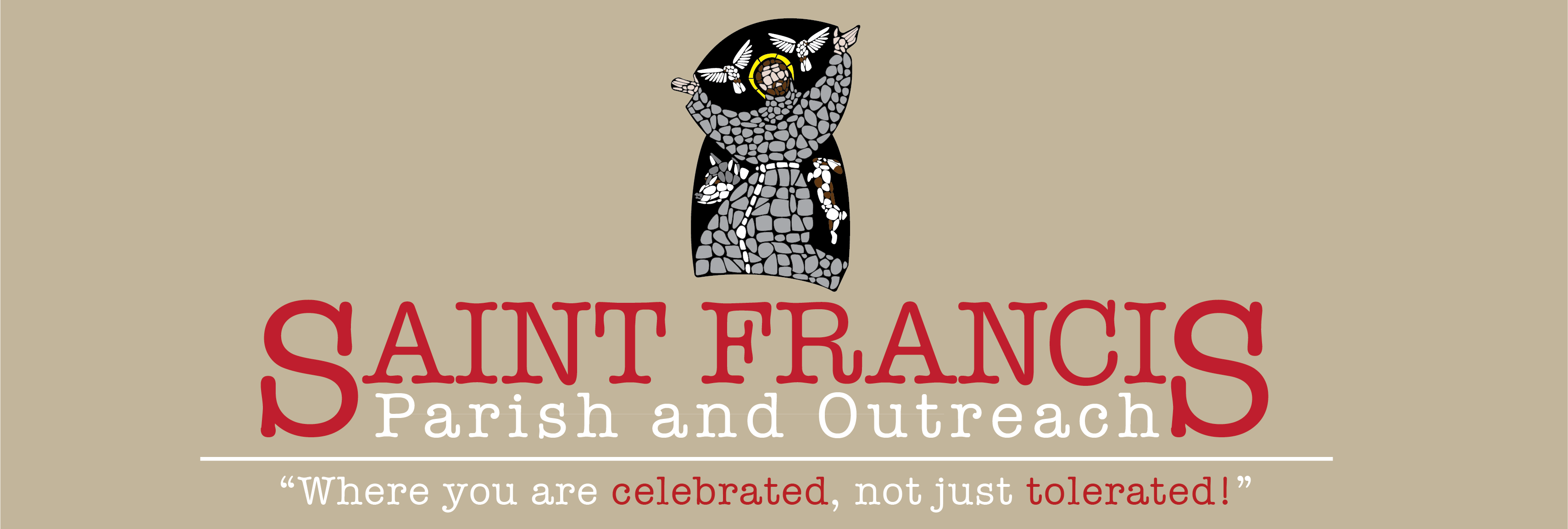Sunday, as we celebrate the Feast of the Exaltation of the Holy Cross, we will gather at the intersection of suffering and salvation, of brokenness and redemption. The Cross, a symbol once synonymous with shame and brutality, has become, through Christ, the supreme sign of healing, hope, and reconciliation. In the context of our current world, marked by political violence, social divisions, and the tragic deaths that punctuate our headlines, the Cross speaks with renewed urgency.
The Serpent Lifted Up: Healing in the Wilderness
Numbers 21:4b-9 recounts the Israelites’ anguish in the desert, beset by poisonous serpents as a result of their impatience and complaints against God. When Moses, at God’s instruction, lifts up a bronze serpent upon a pole, those who gaze upon it are healed. The symbol of death is transformed into a source of life, prefiguring the Cross, where suffering is not the end but the door to healing.
Today, our world is wounded: by hatred, by violence, by the venom of prejudice and the sting of division. We see it in acts of political violence, in the pain that follows the death of public figures. Each life lost is a reminder of our shared fragility. As we pray for all who have died, including Charlie Kirk, whatever our differences, we recognize that each person is precious in the sight of God. The Cross invites us to look up, not in despair, but in hope for healing.
The Humility of Christ: Emptying for Others
Philippians 2:6-11 offers a hymn of Christ’s humility. “He did not regard equality with God as something to be exploited, but emptied himself…” Christ chose the path of solidarity, descending into the depths of human suffering so that all might be raised. His humility is not weakness, but the power to transform hearts and systems.
In our fractured society, where homophobia, transphobia, bigotry, racism, and misogyny persist, we are called to the same kenosis, the self-emptying love that moves us beyond ourselves. To “have the mind of Christ” is to reject every ideology of hatred or violence and to make space for the dignity of every person, especially those who are marginalized or oppressed.
The Cross: God’s Embrace of a Wounded Humanity
In John 3:13-17, Jesus proclaims, “Just as Moses lifted up the serpent in the wilderness, so must the Son of Man be lifted up, that whoever believes in him may have eternal life.” On the Cross, God enters our suffering and redeems it. “For God so loved the world,” not just a nation, a people, or a tribe, but the whole world in all its diversity and complexity.
This radical love compels us to action. If we truly exalt the Holy Cross, we must work and pray for the end of all forms of violence: political violence that tears communities apart, the silent cruelties of homophobia and transphobia, the corrosive effects of racism and misogyny, and every ideology that denies the image of God in another. The Cross is not a banner for division or exclusion, but a bridge to reconciliation and justice.
Carrying the Cross Together: Our Response
To exalt the Cross is not merely to venerate a symbol, but to embrace a way of life, a vocation to healing, justice, and love. We are called to be healers in the wilderness, to lift one another up, to speak and act against hatred in all its forms. We must lament with those who mourn, work for the safety of those who are threatened, and stand in solidarity with those who suffer violence or exclusion.
- Advocate for peace and nonviolence in our communities
- Challenge and speak out against homophobia, transphobia, racism, misogyny, and bigotry wherever we encounter them
- Support those who are marginalized and create spaces where everyone feels safe and respected
- Listen to people’s stories, fostering empathy and understanding
- Promote education about justice, equality, and human dignity
- Engage in civic life, voting and encouraging policies that protect the vulnerable
- Practice forgiveness and reconciliation in our personal relationships
- Serve our neighbors through acts of kindness and generosity
- Pray for healing, transformation, and the strength to persevere in the work of justice
- Model humility and love, following Christ’s example of self-giving
Let us pray for the grace to be transformed by the Cross, so that our words and actions may bless and heal. May we build communities where no one fears for their life or dignity, where love casts out fear and justice blooms.
Conclusion: Hope Born of the Cross
As we contemplate the mystery of the Holy Cross, let us remember: God’s love is wider than our divisions, deeper than our wounds, and stronger than death. May the power of the Cross inspire us to seek peace, justice, and the beloved community where all are welcome, cherished, and free.
Pax et Bonum,
Bishop Greer
